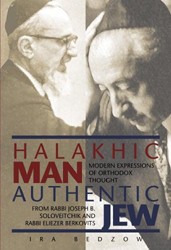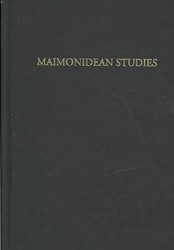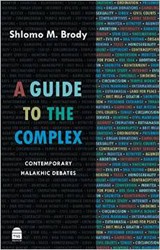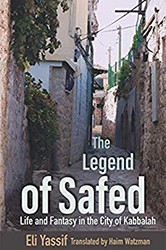In this comprehensive survey of the different formats that halacha has assumed over the years, Chaim N. Saiman, a law professor at Villanova University, compares and contrasts halacha with secular legal codes.
A primary distinction that Saiman makes is between law as literature and law as regulatory statutes. He writes that, whereas regulatory law strives to reach definitive conclusions and to formulate its contents as unambiguously as possible in the interests of universal application, halachic sources also have literary intentions. While Saiman notes that “not every sugyah contains philosophical meanings,” and that “big ideas are rarely the direct subject of the Talmud’s discussions,” throughout the book he offers numerous examples of the underlying psychological, sociological, and theological assumptions that are reflected in particular Talmudic discussions.
A second major distinction Saiman makes between secular and Jewish law is that the latter often appears unconcerned as to whether the laws being discussed are applicable to the world in which we live. While such laws can include categories such as “never to be enacted,” “morally correct but not to be applied by a this-worldly court,” and “hopefully, the law will become pertinent again when the Messiah arrives,” the fact that such discussions are nevertheless contained within Jewish primary sources proves that Torah study serves as a more powerful rationale for the existence of this content than the formulation of specific current practices. Of particular interest to Saiman is the idea, first promulgated by Rav Nissim of Gerona, that the king, or any other secular, titular leader of a society, can temporarily create his own legal system, thereby abrogating clear halachic principles that are found to be inadequate, if public safety and the imposition of general order requires such measures. He refers to such systems as “sub-Halakhah.”
Finally, Saiman discusses whether halacha could serve as the basis for state law now that the Jewish people have an actual state. While the State of Israel was founded by secularists who wished to have nothing to do with traditional Judaism, views have changed to the point where the halachic tradition is no longer considered anathema to many of its citizens. Furthermore, marriage, divorce, and the definition of who is a Jew have all been legally and exclusively determined by the Chief Rabbinate, establishing a further precedent for Jewish law playing a role in the everyday lives of even secular Israelis. Whether the State of Israel can retain its identity as a democracy while at the same time further incorporating at least parts of Jewish law into its legal framework has become an increasingly burning issue.
Saiman’s book, a logical presentation of a complex topic, should be of interest to lay reader and specialist alike.





